Today’s global tourism market is going through a transmutation with tourists being more environmentally conscious and seeking authentic travel experiences. This trend as seen by the World Tourism Organization (UNWTO) in its recent disclosure points to a shift in the trends that is slowly and gradually changing the manner in which individuals go about their vacations and travel.
The findings of the global report based on more than 150 countries have shown that people are going in search of experiences that are both responsible and sustainable concerning tourists’ values.
There is an increase in eco tourism and any kind of tourism that involves the protection of the environment. Those place where people canorganic get involved in wildlife protection activity, planting trees, or protection of the marine environment is growing popular.
Some of the destinations which incorporate the sustainable travel model include Costa Rica which has been heavily involved with eco-tourism and have recorded high traffic of tourists. Likewise, Rwandan and Kenyan citizens are the beneficiaries of rising concerns of welfare based tourism, which traveler wants to enjoy watching gorillas or join conservation projects or folkloric tourism projects back in their homes.
Another trend described in the report is that people are beginning to pay more attention to cultural tourism. Tourists are no longer going for conventional guided tours of tourist attractions but instead choice to reside in local host communities, learn basic artisanal skills and how to cook, or interact with native people.
This change is more apparent in countries such as Japan that has adopted the concept of ‘omotenashi’ or traditional Japanese hospitality to share new experiences. Similarly in South America, Peru Bolivi include are slowly booming with tourist looking for more cultural representation and features of the indigenous people or pre hispanic cultures.
The other major trend that has been seen to be unfolding in the world is the emergence of slow travel as reported by UNWTO. This approach basically focuses on the use of longer stays in lesser number of locations as a result of enhanced interaction with cultures and environments of the visited places. In particular, the European countries adhere to this trend, encouraging people to spend more time on the utilisation of the services of rural areas and small towns.
Italy’s albergo diffuso represented by an extended idea of overcoming the traditional hotel and spread across the village is growing popular as a model for rural tourism development.
The report also identifies such emerging traveler trend as wellness and transform travelers. Such places are on a rising due to the healing powers that are associated with such natural sites or religious importance. India, for instance, is using its indigenous techniques of cure like Ayurveda as well as meditation to capture the group of aware tourists.
Similarly, as it has been well illustrated by mode of tourism such as pilgrimage tourism; the Camino de Santiago in Spain for instance is again popular not only among religious pilgrims but also among those seeking for internal healing.
In this light, it is very important to examine how technology is facilitating the emergence of such new trends in tourism. The report also shows how Virtual and Augmented reality technologies are being utilized for travel experiences, and for promoting sustainable tourism. For instance, the wildlife reserves are embracing Virtual Reality to enable people to tour and interact with animals up close without being invasive in the animals’ ecosystem. Further, the blockchain technology is being considered in order to distribute fair share to the local communities engaged in tourism businesses.
The UNWTO report also looks at the issues affecting the tourism sector in its effort to embrace some of these trends. Different locations continue to face the issue of overtourism and come up with measures on how to manage it properly.
Current measures that are being taken by authorities in cities such as Amsterdam and Venice include spreading out the tourists across the year and to other parts that are unknown to many. In particular, the focus of the report is on how governments, local communities, and businesses can work together to build workable sustainable tourism models.
In light of the exploring the global tourism industry, the UNWTO report establishes the importance of adjusting to the demands of consumers in destinations and providers. These changes entail new values such as sustainability, authenticity, and experience, as factors that define the emerging trends of tourism, which opens up new opportunities to build the competitive advantage of the destination and generate value for the stakeholders.









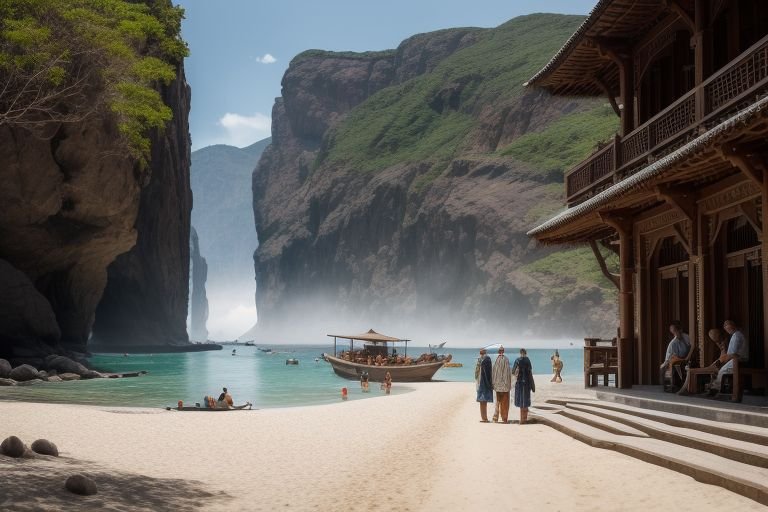
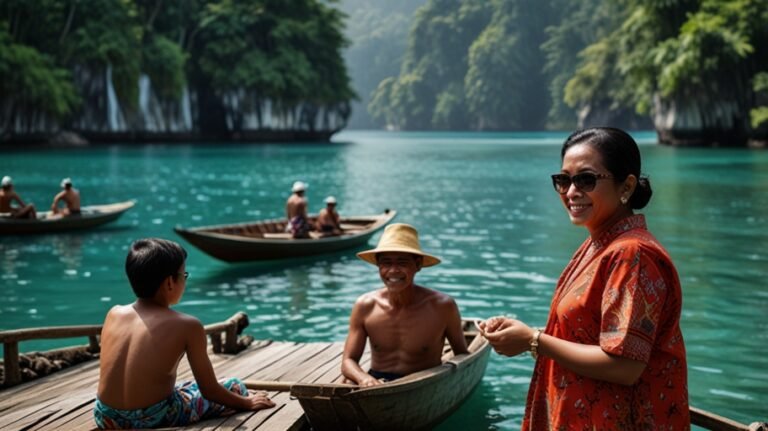
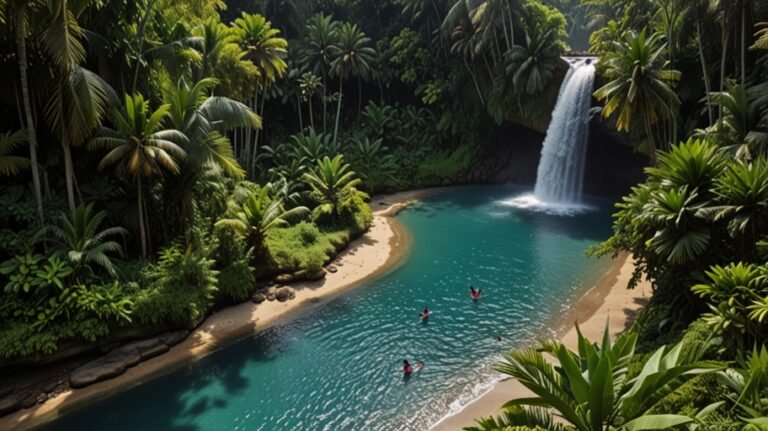




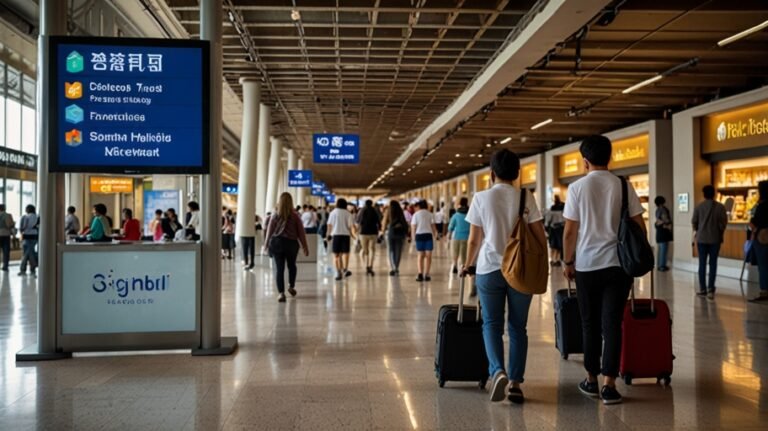

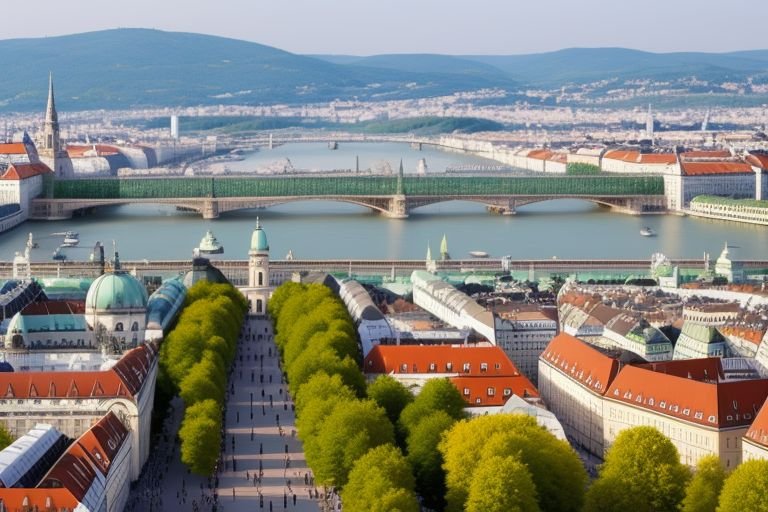
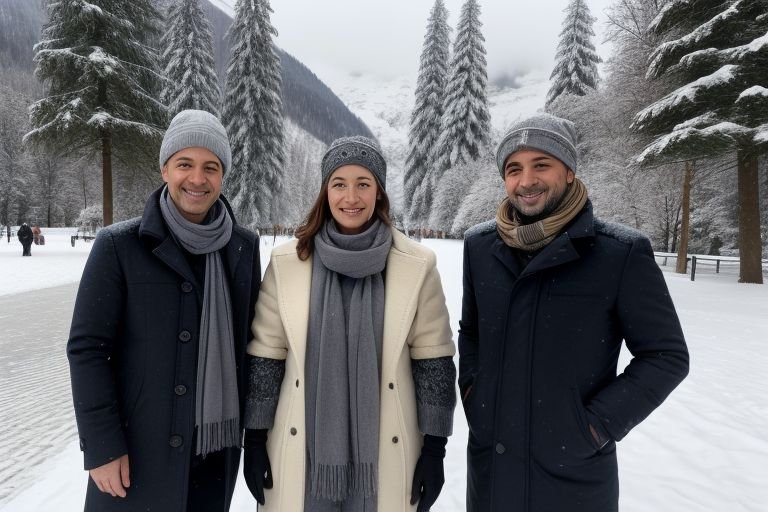
+ There are no comments
Add yours